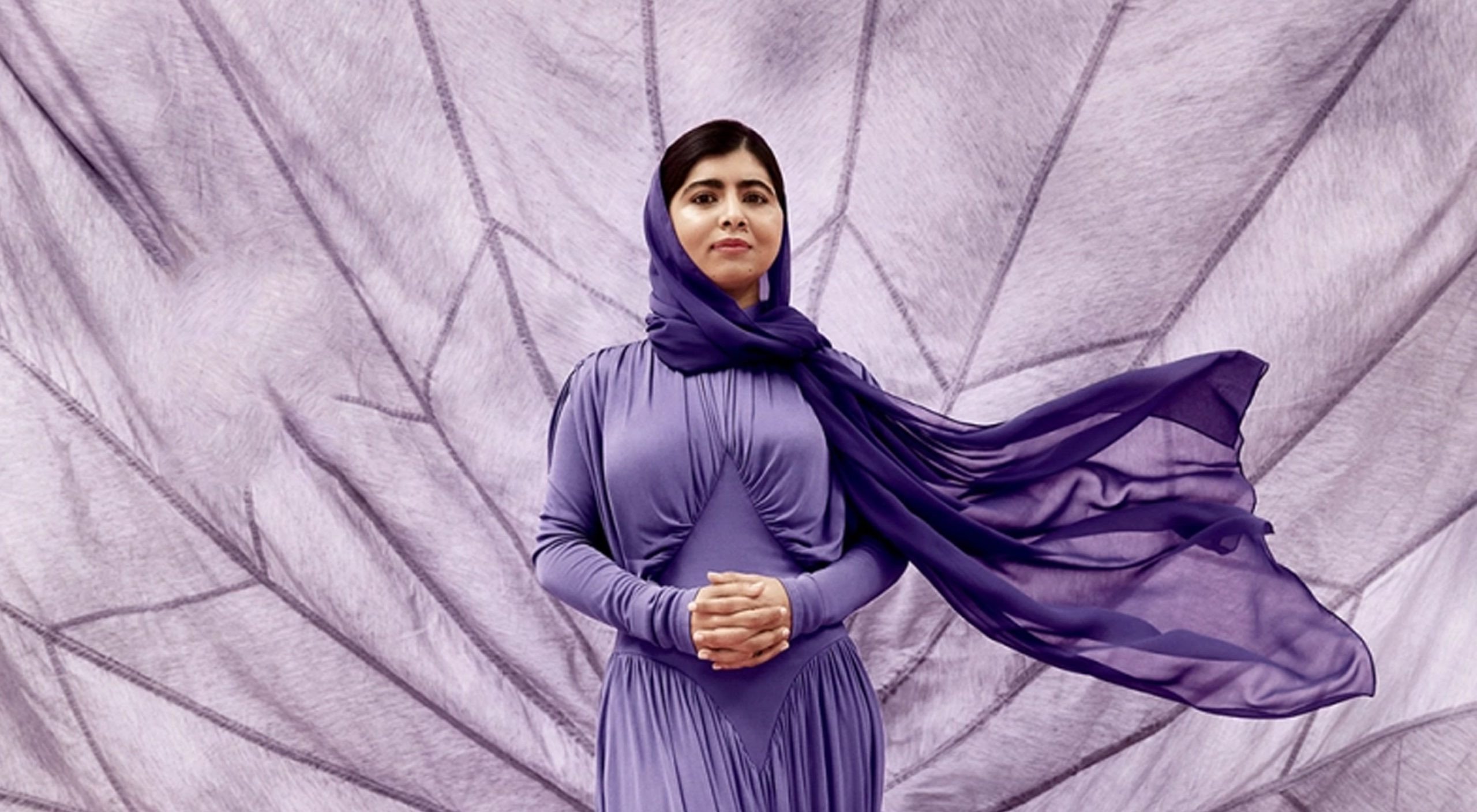
In the second episode of the newly released second season of Nida Manzoor’s We Are Lady Parts, viewers were treated to an unexpected and electrifying cameo by women's rights and education activist Malala Yousafzai.
The show, a raucous Channel 4 comedy, follows the journey of an all-women Muslim punk band determined to make it big. The characters Amina (Anjana Vasan), Saira (Sarah Kameela Impey), Ayesha (Juliette Motamed), Momtaz (Lucie Shorthouse), and Bisma (Faith Omole) form the heart and soul of this vibrant series. In a surprising twist, Malala, the youngest Nobel Prize laureate in history, made a special appearance, leaving audiences stunned.
In the episode, Bisma’s young daughter, Imani, faces suspension from school for throwing eggs at a teacher who removed slavery from the curriculum. “I did what Malala would do,” Imani defiantly tells her mother. This incident inspires the band to create a new country song titled Malala Made Me Do It.
The lyrics, “Nobel Prize at 17/The baddest b--ch you’ve ever seen/Cross your heart and hope to die/It’s Malala Yousafzai,” capture the essence of their admiration for Malala. The fantasy sequence that follows features Malala herself, adorned in an elaborately beaded dress and a white cowboy hat dripping with crystals, swaying to the beat on a fake horse amid cartoonish cacti and a classic western backdrop.
To uncover the story behind this improbable cameo, the 26-year-old spoke with Vogue. Dressed casually in a blue shirt, with her hair uncovered, Malala was charming, candid, and unexpectedly funny as she recounted her journey to the set of We Are Lady Parts.
A fan turned star
When asked if she was a fan of the show from its first season, Malala’s enthusiasm was palpable. “Yes, I binge-watched it in a day. It was so good. And I remember when I finished the six episodes, I was still just sitting there. I could not believe that the show was just that short,” she said.
She praised the show for its representation of Muslim characters as leads rather than side characters. “It was probably the first show I watched where you had Muslim characters who weren’t side characters – you had five of them as the leads. That stood out. It was entertaining. It was funny. I loved it.”
The philanthropist revealed how she connected with Nida Manzoor, the show’s creator, at the premiere of Manzoor’s film Polite Society. “I thanked Nida for making it, and for making We Are Lady Parts. They’re so important and reach so many people. They aren’t just for brown people – there’s so much in them that everyone can relate to,” she said. This meeting laid the groundwork for Malala’s eventual involvement in the show.
However, when Manzoor reached out to her with the idea for her cameo, Malala was initially uncertain but grateful. “When she first told me the idea, I wanted to thank her for just believing in me and thinking that I could do it. Then we had a call with her and her team, and they were discussing the costumes and what the set would look like,” she recounted. Despite her initial cluelessness about the specifics, she was reassured by the team’s thoughtful preparation.
Taking the leap
Malala described the day of filming as an extraordinary experience. “We went to this place outside London, a huge studio, and they took me to the dressing room first where they had tea and biscuits. Then I saw the costume and my cowboy hat – it was gorgeous,” she said.
She humourously recounted her interactions with the horse on set, “I thought, ‘How do I get on that? It’s very high.’ I just followed Nida’s instructions, and every time we did a retake, they’d get a ladder to help me get on the horse.”
The activist expressed her satisfaction with her costume, which included a specially designed dupatta to complement her outfit. “I had this question for Nida – I wear a scarf, and every time I wear a nice long dress that is not a traditional Pakistani dress, it doesn’t go with a dupatta. When I saw the look and the hat, I knew they’d thought about it. I was really happy.”
Shifting from her light-hearted cameo, Malala spoke passionately about the current global issues, particularly the situation in Gaza. “This is such a difficult time right now, especially because of what’s happening in Gaza... When I think about what Palestinians in Gaza are going through, I cannot even imagine the atrocities and the pain. For me at this time, I feel like humanising people is so important,” she emphasized. Malala stressed the need for a ceasefire, humanitarian aid, and peace, drawing attention to the dire conditions in Gaza.
‘Malala Made Me Do It’
Malala highlighted the importance of shows like We Are Lady Parts in humanising and connecting people. “It helps us to see the stories of these Muslim girls, and to connect with them and relate to them. I hope that we get to hear more stories of people from Gaza, from Afghanistan, and from other parts of the world,” she said. She expressed her excitement for the new season and her hope that it brings moments of laughter and joy to viewers.
Reflecting on the song Malala Made Me Do It, she shared her pride in its message. “When I watched the episode, together with the cast and crew, it was so beautiful because I could see it as part of this story – Bisma’s daughter wants to speak out, and she wants to talk about quality education. And that’s what Malala Made Me Do It is about. It made me feel really proud.”
The activist, who is steadily embracing the world of entertainment, also spoke about her role as an executive producer on the documentary Bread and Roses, which follows the lives of three Afghan women since the fall of Kabul.
“What I really like about Bread and Roses is that it is the Afghan women who are directly speaking to us. They are refusing to live under the Taliban’s systematic oppression,” she explained. She hopes the documentary will raise awareness and support for education programmes and put pressure on leaders to advocate for women’s rights in Afghanistan.
Have something to add to the story? Share it in the comments below.
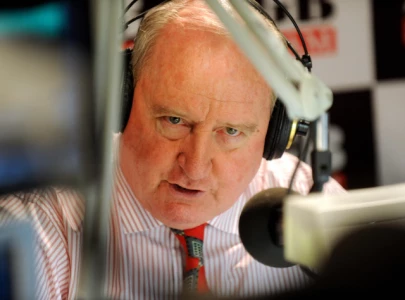

1731925783-0/Betty-White-(1)1731925783-0-165x106.webp)
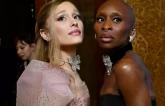
1731926127-0/zayn-(1)1731926127-0-165x106.webp)
-(1)1730443275-0/Copy-of-Untitled-(60)-(1)1730443275-0-270x192.webp)
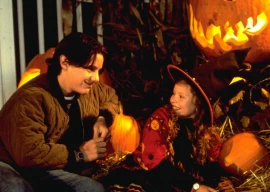
1730095495-1/WhatsApp-Image-2024-10-28-at-11-04-18-(1)1730095495-1-270x192.webp)
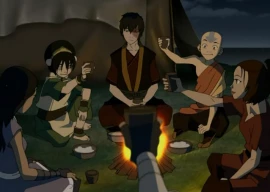








COMMENTS
Comments are moderated and generally will be posted if they are on-topic and not abusive.
For more information, please see our Comments FAQ